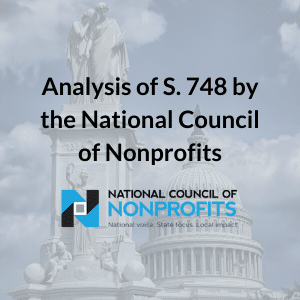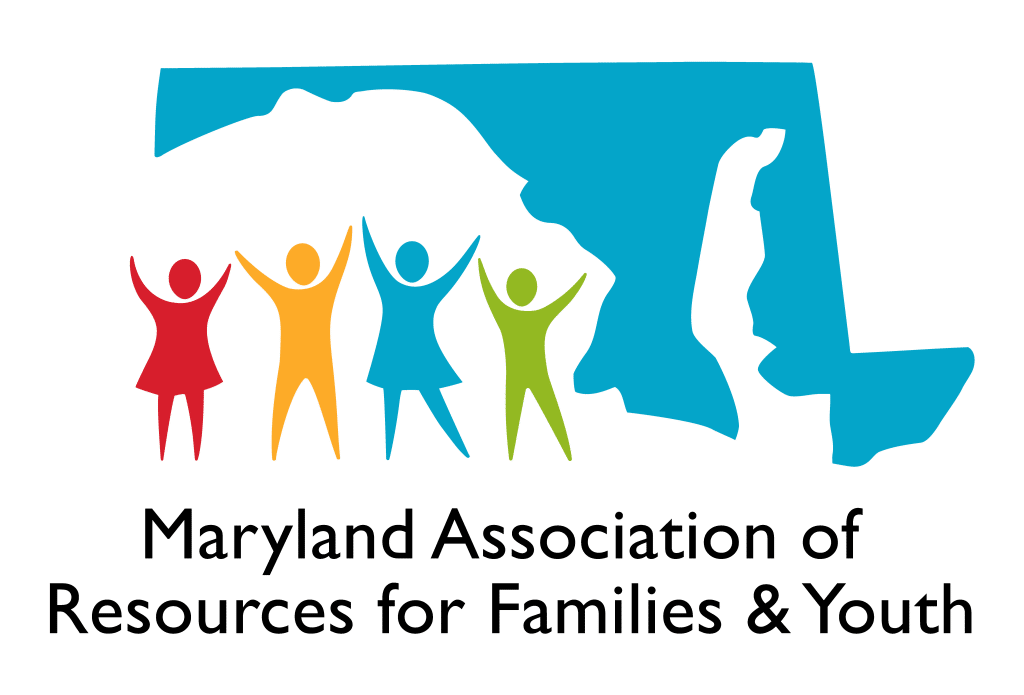Nonprofits: The Heartbeat of Maryland’s Communities
Nonprofits are not just civic stewards; they are the soul of community infrastructure. Across Maryland, they feed, shelter, advocate, educate, and heal. They step into gaps left by policy, respond faster than bureaucracy, and remain when others retreat.
Whether rural or urban, faith-based or secular, these organizations are woven into the daily lives of Marylanders—offering not only direct support but also economic vitality, civic engagement, and pathways to justice. Their presence is essential, their work irreplaceable.
To understand Maryland’s resilience, we must understand its nonprofits —not as institutions but as neighbors, lifelines, and catalysts for change.
In Frederick County, nonprofits are a cornerstone of community life. Organizations like Advocates for Homeless Families and YMCA of Frederick County not only provide essential services but also drive economic impact. Frederick’s nonprofit sector contributes over $1 billion in total economic impact, supports 5,235 jobs, and accounts for 12.4% of the county’s GDP. These nonprofits are deeply embedded in the community, mobilizing over 11,000 volunteers annually and converting more than $50 million in donations into direct services.
In rural Maryland, the Rural Maryland Council (RMC) plays a vital role in connecting nonprofits with local governments, businesses, and residents to address regional challenges. Their work supports small nonprofits tackling food insecurity, youth development, and economic inclusion in areas often overlooked by traditional funding streams. RMC’s economic impact analysis shows that rural nonprofits are essential drivers of community resilience and innovation.
Child Justice, based in Montgomery County, is a legal advocacy nonprofit that protects children and non-offending parents in custody cases involving abuse. In 2022, Child Justice served over 400 families, providing direct legal support to more than 200 Marylanders, many of whom were navigating the court system without resources or representation. Their work has helped reunite families, prevent further trauma, and ensure children are not placed in dangerous environments.
Laurel Advocacy and Referral Services (LARS), serving Prince George’s, Howard, and Anne Arundel counties, provides emergency assistance, supportive housing, and long-term self-sufficiency programs. Founded in 1987 by local congregations, LARS continues to be a trusted neighbor, offering food, shelter, and financial support to hundreds of families each year. Their winter shelter program rotates among local churches, and their case management services help clients transition from crisis to stability.
Experiencing nonprofits as neighbors means engaging with them beyond transactions. It’s attending their events, volunteering, listening to their stories, and inviting them into conversations about local priorities. When nonprofits are seen and supported by their communities, they are better equipped to innovate, collaborate, and respond to emerging needs.







